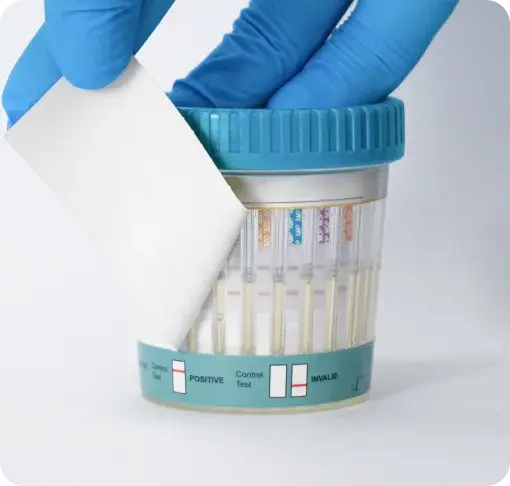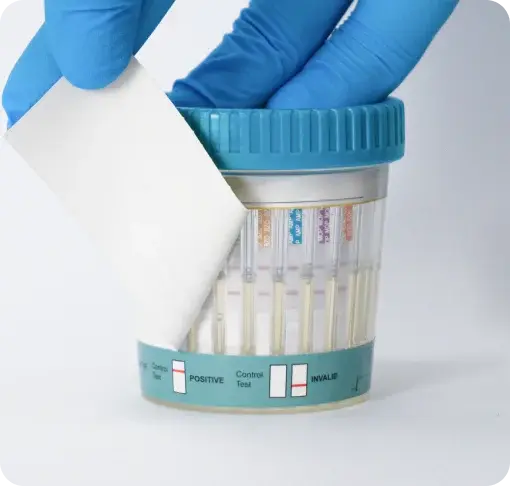What Employees Need to Know about Substance Detection Times
Understanding the duration that substances like cocaine, speed, cannabis, and alcohol remain in your system is crucial for employees or patients when considering preparation for drug testing. Most workplace and healthcare drug tests are known as “point of care” tests and can be administered spontaneously on-site with little notice, so it’s vital that employees are aware of how long various substances can stay in their system.
Key Factors Affecting Detection Times
Every individual's body reacts differently to drugs, influenced by factors such as dosage, route of administration, BMI, length of drug use, levels of hydration and metabolic differences. Please always refer to the specifications of the testing product to understand its testing capabilities.
Cocaine
Cocaine, a potent stimulant, can generally be detected in urine for around 1-5 days after one-off use. Its presence in oral fluid is typically shorter at around 1-3 days.
Speed (Amphetamine)
Speed, also known as Amphetamine, shares similar detection windows to Cocaine. The duration that Speed remains detectable in the body can fluctuate based on usage patterns and personal health factors.
Amphetamines and Medication
Several prescription medications also contain Amphetamine. Subjects should alway declare any medication they are taking.
Cannabis
Tetrahydrocannabinol (THC) is the psychoactive component in Cannabis responsible for the "high" sensation. Drug tests often look for THC or its metabolites (by-products of THC breakdown in the body) to determine Cannabis use.
The detection time for Cannabis is particularly variable. For occasional users, it might be eliminated from the body faster, while chronic use could lead to longer detection periods longer than 3 weeks, particularly in urine tests.
Alcohol
Alcohol has a shorter detection window than Cocaine, Amphetamine, and Cannabis, extending to around 24 hours but is influenced greatly by the volume consumed and individual metabolism. Its presence in breath and urine can vary greatly depending on these metabolic factors.
Comparing substances and their detection windows
Substance |
Oral Fluid
|
Oral Fluid Maximum Detection Window |
Urine
|
Urine Maximum
|
| Cocaine | Within minutes | 1-3 days | 2-6 hours | 1-5 days |
| Amphetamines | Within minutes | 1-2 days | 2-7 hours | 1-5 days |
| Cannabis | Within minutes | 1-2 days | 2 hours | 1 day to 3 weeks+ |
| Alcohol | Within minutes | 6-24 hours | 1-2 hours | 6-24 hours |
Common Testing Matrices
The two most common testing matrices - urine and oral fluid - have different detection windows. Testing for drugs and alcohol in urine has a longer detection window compared to testing oral fluid. At AttoSure we provide tests for both circumstances, including strips, dip cards and cups for urine tests, and oral cube, barrel, and pen for oral fluid.
At AttoSure we can offer a variety of testing solutions, in urine, oral fluid and breath sample types. Our suite of rapid point of care test devices offer a range of testing combinations to suit your requirements. We can also offer confirmatory laboratory testing for individuals that present non-negative test results.
If you need specific guidance or have concerns about drug and alcohol testing, reach out to our team through our “Get a quote form.”


